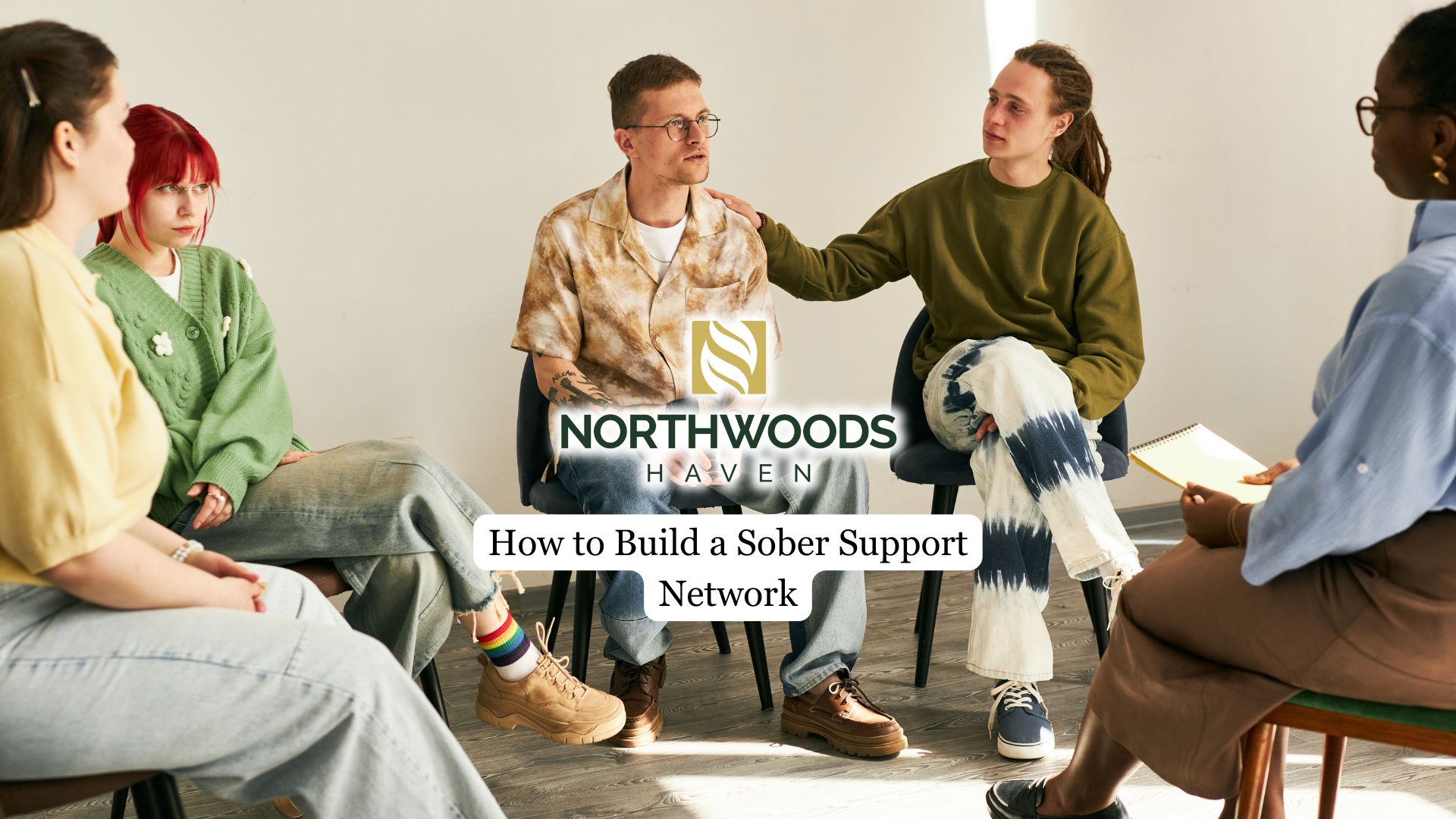Behind every successful recovery story stands a network of people who provided understanding, accountability, and encouragement when it mattered most.
In this article, we will explore why support networks are important to recovery success and provide practical strategies for building a sober support network that will sustain you through your recovery.
The Importance of a Sober Support Network
A strong support network provides accountability when cravings intensify and encouragement during challenging moments. Individuals with solid support systems maintain sobriety longer and experience fewer relapses. Structured programs like Intensive Outpatient Treatment (IOP) create an ideal foundation for building these essential connections while providing clinical support during early recovery.
Isolation often triggers destructive thought patterns and increases vulnerability to old habits. Regular interaction with supportive individuals creates emotional resilience and practical problem-solving skills for recovery challenges.
People who understand your journey reinforce your commitment to sobriety and validate your experiences. This understanding builds confidence in your ability to maintain long-term recovery and improves overall mental health outcomes.
Building a Sober Support Network
Engaging With Support Groups
Support groups create structured environments to connect with others facing similar challenges. Groups like Alcoholics Anonymous, SMART Recovery, and Refuge Recovery offer different approaches to meet diverse needs.
Regular attendance builds familiarity and trust with group members. Many find that sharing experiences in these settings reduces shame and provides perspective on personal struggles.
These groups offer practical tools for managing triggers, processing emotions, and developing healthy coping mechanisms. The collective wisdom of members with various recovery durations provides valuable insights for newcomers and veterans alike.
Finding and Choosing a Sponsor
A sponsor provides personalized guidance through recovery principles and practices. Look for someone with substantial clean time, who demonstrates emotional stability and lives their teaching principles.
Effective sponsors maintain appropriate boundaries while remaining accessible during critical moments. The relationship works best when communication styles align and mutual respect exists.
Meet with potential sponsors before committing to ensure compatibility. Discuss expectations about contact frequency, availability during crises, and their approach to the sponsorship relationship.
Building Relationships With Sober Friends
Pursue interests that naturally connect you with health-focused individuals. Fitness classes, outdoor clubs, volunteer organizations, and creative workshops attract people who prioritize wellness.
Sober events like alcohol-free concerts, recovery conferences, and community service projects provide low-pressure environments to practice social skills without substances.
Authentic friendships develop gradually through consistent interaction and mutual vulnerability. Focus on quality connections rather than expanding your network rapidly.

Involving Family in Your Recovery
Educate family members about addiction as a chronic condition requiring ongoing management. Recommend resources like Al-Anon, Nar-Anon, or books specifically written for families of people in recovery.
Family therapy sessions help repair damaged relationships and establish new communication patterns. These structured conversations address past hurts while creating healthier interaction models.
Communicate your needs regarding substance use in shared spaces. Establish boundaries about events you can attend and those you must avoid, especially in early recovery.
Workplace Support Strategies
Research your company’s Employee Assistance Program (EAP) for confidential counseling and referral services. Many EAPs offer several free sessions with substance use specialists.
Consider the potential benefits and risks before disclosing recovery status at work. Disclosure provides legal protection under disability laws but may create social complications in some environments.
Identify work-related triggers like client dinners or company celebrations, and develop specific plans for these situations. Prepare brief, neutral responses for declining alcohol without detailed explanations.
Handling Social Events and Triggers
Arrive early and leave early from events where substances are present. This strategy allows participation while avoiding the later hours when substance use typically increases.
Carry non-alcoholic beverages to reduce drink offers. Sparkling water with lime in a rocks glass prevents unnecessary explanations about your choices.
Develop a discrete exit strategy for overwhelming situations. Pre-arranged signals with trusted friends or scheduled rideshare pickups provide escape routes when cravings intensify.
Create new traditions centered around activities rather than substances. Game nights, outdoor adventures, or cooking classes build connections without chemical assistance.
Maintaining Open Communication
Practice direct communication about recovery needs without shame or apologetic language. Clear expression of boundaries protects your sobriety while respecting others’ choices.
Regular check-ins with key support people prevent small issues from becoming major problems. These conversations maintain relationship health and provide accountability.
Active listening strengthens connections by demonstrating genuine interest in others’ experiences. This reciprocity creates balanced relationships rather than one-sided support dynamics.
Strengthening Your Support Network Over Time
Early recovery often requires intensive daily contact, while established sobriety may shift toward quality over quantity in support interactions.
Distributing your needs across multiple people rather than relying exclusively on one person can prevent support fatigue and protect relationships from burnout.
Giving back through service positions or mentoring newer members strengthens your recovery while expanding your network. These contributions reinforce recovery principles through teaching others.
Periodically reassess your support network’s effectiveness. Some relationships serve specific recovery phases and naturally conclude, while others deepen into lifelong connections.
Rebuilding After Setbacks
Approach your support network honestly after a relapse. Direct acknowledgment without excessive self-criticism can open the door to continued support.
Identify specific factors contributing to the setback and develop targeted strategies to address these vulnerabilities. This analytical approach transforms mistakes into learning opportunities.
Expect varied responses from network members after a relapse. Some may need time to rebuild trust, while others will offer immediate support. Both reactions reflect normal human responses rather than personal rejection.
Use setbacks to strengthen your support system by identifying gaps in your previous network. Additional resources or different types of support may be necessary for sustained recovery.
Final Thoughts from Northwoods Haven Recovery
At Northwoods Haven, our intensive outpatient program in Minneapolis, MN provides a structured, supportive environment where individuals can develop strong, lasting support networks. Through group therapy, individual counseling, and evidence-based strategies, we help clients navigate relationships, establish healthy boundaries, and reinforce their commitment to recovery.



